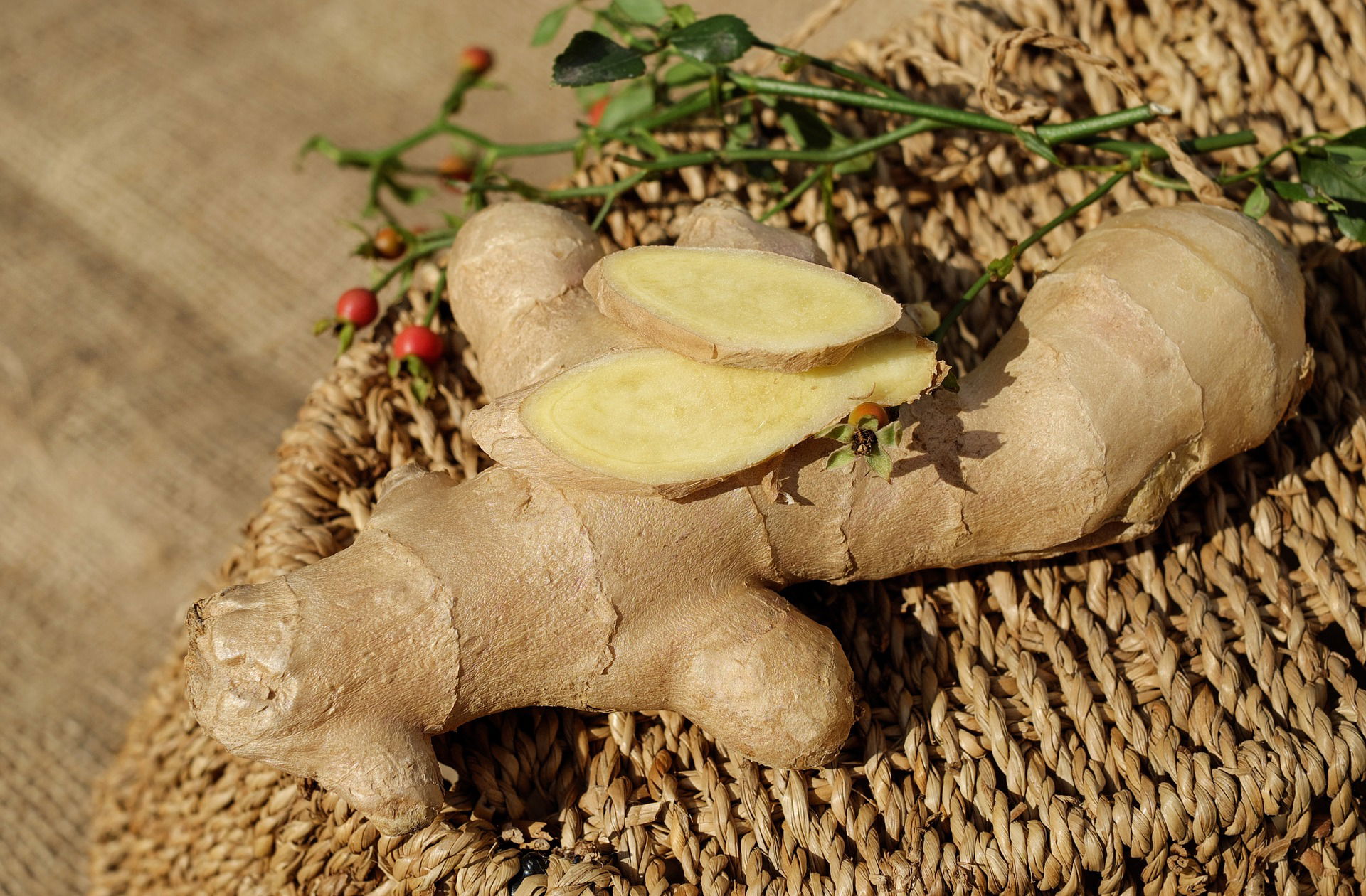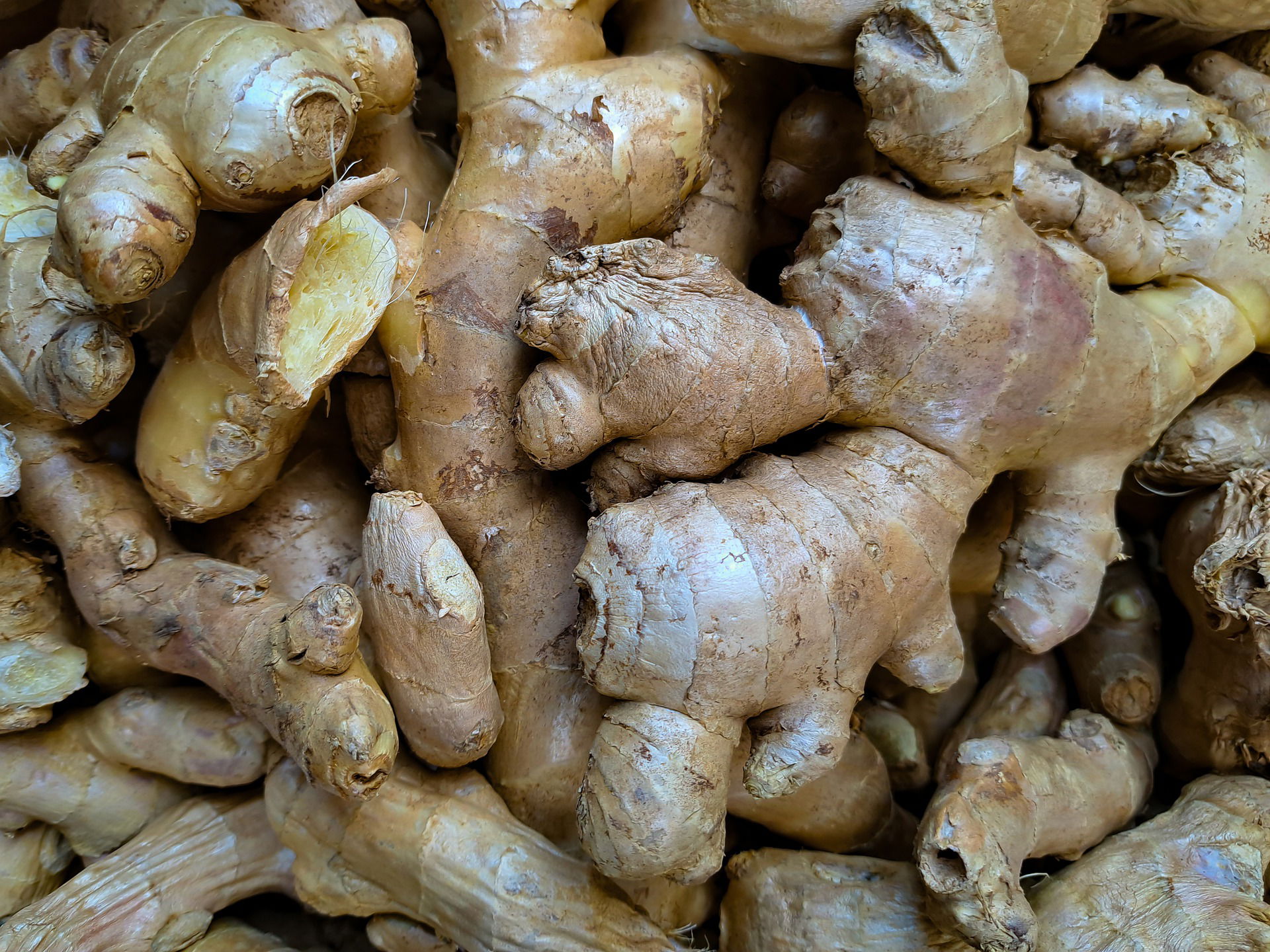Attention Importers and Distributors: Get Your Hands on Thailand's Best Ginger!
Ginger is a versatile and popular ingredient used in many culinary dishes and beverages worldwide. Thailand, in particular, is known for producing some of the best ginger in the world. With its unique growing conditions, the ginger cultivated in Thailand has a distinct flavor profile and aroma that sets it apart from other ginger varieties. Importers and distributors looking to source authentic Thai ginger can benefit from the country's rich ginger industry.
In this article, we will explore the ins and outs of Thailand's ginger industry, its health benefits, how to source authentic Thai ginger, and how to overcome common challenges in the ginger supply chain. We will also discuss marketing strategies for ginger products and the future outlook for the Thai ginger industry.

Introduction to Thailand's Ginger Industry
Thailand boasts a thriving ginger industry, with a rich history of ginger cultivation dating back centuries. The country's tropical climate, rich soil, and traditional farming techniques make it an ideal location for growing high-quality ginger. In recent years, Thailand has emerged as a leading producer and exporter of ginger, offering a range of varieties and grades to suit a variety of culinary and medicinal purposes.
Overview of Thai Ginger Production
Ginger is grown throughout Thailand, with the majority of production concentrated in the northern regions of the country. The most commonly grown varieties of ginger in Thailand include the galangal ginger, krachai, and khing Yai. Thai farmers use a variety of traditional farming techniques, including intercropping with other crops such as soybean and corn to improve soil fertility and reduce pest infestations.
The Significance of Ginger in Thai Culture
Ginger holds a special place in Thai culture, where it is considered a versatile and essential ingredient in many traditional dishes. Thai ginger is often used to add a subtle sweetness and depth of flavor to curries, stir-fries, and soups. In traditional Thai medicine, ginger is also believed to possess numerous health benefits and is widely used to treat a range of ailments, from digestive issues to respiratory problems.

Health Benefits of Thai Ginger
Ginger is widely recognized for its numerous health benefits, which is why it has been used in traditional medicine for centuries. Thai ginger, in particular, is highly sought after due to its unique properties.
Ginger's Medicinal Properties
Thai ginger is known to possess numerous medicinal properties, including anti-inflammatory, anti-cancer, and anti-diabetic properties. It is also believed to boost immune function, improve digestion, and reduce the risk of heart disease.
Comparing Thai Ginger to Other Varieties
While ginger is grown in many parts of the world, Thailand's unique growing conditions and traditional farming techniques set its ginger apart from other varieties. Thai ginger is known for its high levels of vitamin C, fiber, and potassium, as well as its distinct flavor and aroma.

Why Thai Ginger is Superior to Other Varieties
There are several reasons why Thai ginger is considered superior to other varieties.
Ginger Varieties Found in Thailand
Thailand is home to a wide variety of ginger, including galangal ginger, krachai, and khing Yai. Each variety has its unique flavor and aroma, making Thai ginger a versatile and useful ingredient in the kitchen.
Unique Growing Conditions in Thailand
Thailand's tropical climate and fertile soil create ideal growing conditions for ginger. The country's farmers also use traditional farming techniques, such as intercropping and crop rotation, to maintain soil fertility and reduce the need for pesticides and fertilizers.

How to Source Authentic Thai Ginger
If you're looking to source authentic Thai ginger, there are several things to keep in mind.
Identifying Genuine Thai Ginger
Look for ginger that has come from a reputable supplier in Thailand. Authentic Thai ginger should have a distinct flavor and aroma, and should be free from any signs of mold or spoilage.
Connecting with Thai Ginger Suppliers
There are several ways to connect with Thai ginger suppliers, including attending trade shows, networking with other industry professionals, and conducting online research. Reputable suppliers should be able to provide detailed information about their products, including where and how the ginger was grown, as well as any relevant certifications or quality control measures in place.
Tips for Importing and Distributing Thai Ginger
Ginger is a highly sought-after ingredient in many cuisines worldwide. One of the best places to source top-quality ginger is Thailand. However, importing and distributing Thai ginger can come with its own set of challenges. Here are some tips to help you navigate the process:
Regulatory Considerations for Importing Ginger into Your Country
Before you start importing ginger, it is essential to understand the regulatory requirements in your country. Ginger may be subject to certain restrictions and inspections based on its country of origin. Ensure that your ginger meets all the necessary standards, such as quality, safety, and labeling, to avoid any legal or compliance issues.
Logistical Challenges in Ginger Transportation
Ginger is a delicate product and requires careful handling during transportation. The long distances and varying climates can also affect the quality and freshness of the ginger. Ensure that you have adequate transportation and storage equipment to maintain the quality of the ginger.

Overcoming Common Challenges in the Ginger Supply Chain
Once you have imported Thai ginger, it is crucial to manage the supply chain carefully to ensure that the ginger reaches your customers in optimal condition.
Quality Control Issues and How to Address Them
Quality control is critical to maintaining the freshness and flavor of ginger. Ensure that you have quality control measures in place, such as product inspections, to catch any issues before the ginger reaches the end consumer.
Cost and Pricing Dynamics in the Ginger Market
The price of ginger can fluctuate based on various factors such as supply, demand, and competition. Carefully analyze the market dynamics to determine the best pricing strategy for your ginger products.

Marketing Thai Ginger to Consumers
Marketing plays a crucial role in the success of any product, including ginger. Here are some tips to help you effectively market Thai ginger to your target audience.
Brand Positioning and Market Segmentation Strategies
Identify your target audience and develop a unique positioning strategy to differentiate your brand from competitors. You can use market segmentation to tailor your marketing efforts to specific consumer groups.
Effective Marketing Channels for Ginger Products
Identify the most effective marketing channels to reach your target audience. You can use social media, email marketing, influencer marketing, and other channels to promote your ginger products.
Conclusion and Future Outlook for Thai Ginger Industry
Thai ginger is an excellent product with immense potential in the global market. With the right strategies in place for importing, distributing, and marketing, you can tap into this potential and grow your business.
Potential for Growth and Expansion in the Thai Ginger Market
The Thai ginger market is growing, and there are opportunities for expansion in different regions. Keep an eye on new emerging markets and trends to stay ahead of the curve.
Emerging Trends in Ginger Consumption and Production
Ginger is gaining popularity as a functional food due to its health benefits. Keep abreast of these emerging trends in consumption and production, and adjust your strategies accordingly.
In conclusion, Thailand's ginger industry is an excellent opportunity for importers and distributors looking to add a unique and high-quality ingredient to their offerings. With its distinctive flavor profile, health benefits and growing popularity among consumers, authentic Thai ginger is a valuable commodity in the global market. By understanding the ins and outs of the Thai ginger industry, importers and distributors can develop a thriving ginger supply chain and capture a growing market demand.

Frequently Asked Questions
What makes Thai ginger different from other varieties?
Thai ginger has a distinct flavor profile due to the country's unique growing conditions. The warm and humid climate, fertile soil, and abundant rainfall in Thailand provide ideal conditions for ginger cultivation, resulting in a culinary ingredient with a sweet, floral aroma and a mild spicy taste.
How can I source authentic Thai ginger?
To source authentic Thai ginger, you need to connect with reputable Thai ginger suppliers. Research and vet potential suppliers, and ask for samples to ensure quality and authenticity. You can also attend trade shows and networking events to meet suppliers and industry experts.
What are some common challenges in the ginger supply chain?
Common challenges in the ginger supply chain include quality control issues, logistics and transportation difficulties, regulatory considerations, and cost and pricing dynamics. To overcome these challenges, importers and distributors must develop robust supply chain strategies and establish strong relationships with their suppliers.
What marketing channels are effective for ginger products?
Marketing channels for ginger products include online marketplaces, social media platforms, and e-commerce websites. You can also participate in food trade shows and exhibitions, develop partnerships with food bloggers and influencers, and leverage food industry publications to promote your ginger products.
